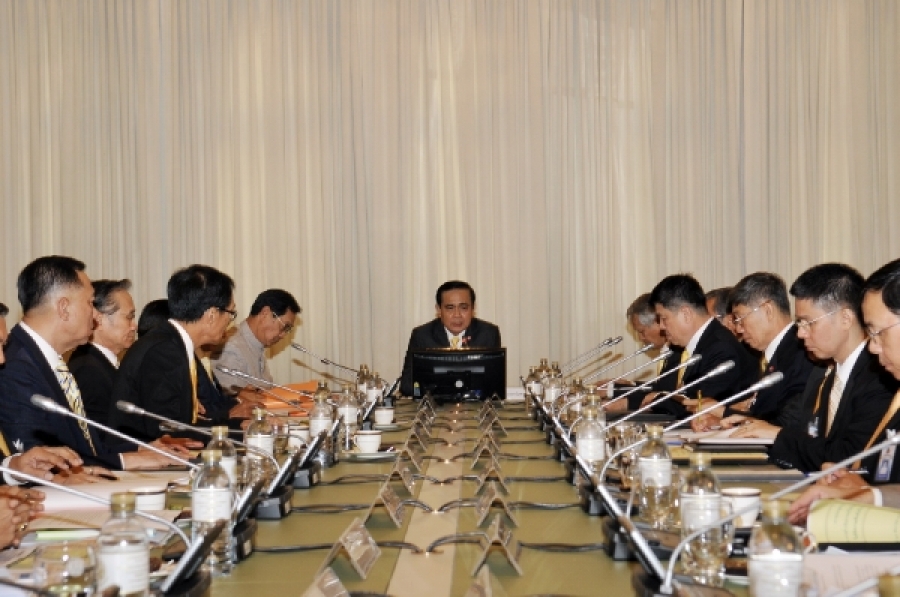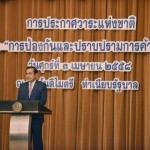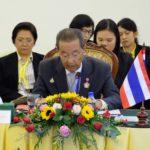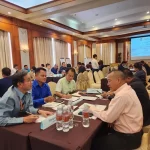
Thai agencies concerned have been ordered to review and further step up their strategies and efforts to fight human trafficking, following the meeting chaired by Prime Minister Prayut Chan-o-cha on December 24 at the Government House.
In his weekly public address, Prime Minister Prayut, stressing the goal of eliminating human trafficking, said agencies concerned must be more vigorous in addressing human trafficking and seeking sustainable solutions. He called on all sectors to cooperate and urged victims and those witnessing any forms of human trafficking or other crimes such as corruption to report to designated hotline numbers, stating that officers found to be involved in these crimes would be subject to severe punishment.
The Prime Minister noted in particular urgent tasks to address the problem in the fishing industry. These include getting all fishing businesses and fishing crews registered and installing GPS tracking systems on all Thai fishing ships, which would not only help fight human trafficking but prevent Thai vessels from straying into other countries’ territorial waters. Last week, Indonesia sank two Thai-owned trawlers it had earlier seized for violating its sea boundaries and poaching its marine resources.
Meanwhile, the Ministry of Labor said it is finalizing a comprehensive report on the government’s improving efforts to fight human trafficking to be released in April as part of a campaign to demonstrate that the country is taking serious action against modern day slavery. The fishing industry will be one area that the Ministry will focus on in this upcoming report. Labor activists allege violations of labor rights and human trafficking in Thailand’s fishing industry, including on trawlers that are out at sea for months at a time and thus pose logistical challenges to the authorities in regulating and inspecting them.
Arak Phrommanee, deputy permanent secretary and spokesman for the ministry, said the report is undergoing final revisions and translation into English. It will then be submitted to the Ministry of Social Development and Human Security, which takes a leading role in the fight against trafficking.
The large influx of illegal immigrants into Thailand has been one source of the trafficking problems, Arak said, but he emphasized that the government has been implementing policies and actions that are helping to improve the situation.
Last year, the government launched a program to register all immigrant workers in the country, whether they entered legally or not, and is offering them temporary permission to stay and work. After registering, they will eventually receive longer-term permission to live and work in Thailand. Most immigrant workers are from Myanmar and Cambodia and are drawn to Thailand because of the higher wages available for unskilled labor.
The government has also launched a campaign to educate employers about trafficking and their legal obligations to avoid hiring workers from traffickers, and report instances of human trafficking.
Prime Minister Prayut stressed that all fishing ships must abide by an existing regulation to install Vessel Monitoring Systems, a Global Positioning System to track their locations. He said the government will work with the Agricultural and Cooperatives, Interior, Defense, and Information and Communication Technology ministries to enforce these requirements. Ship owners and captains have long ignored the regulation.
Roughly 10,000 of the 40,000 fishing vessels registered with the authorities are large enough that they must install a tracking system. But only about 50 ships currently have them. The remaining 30,000 ships are considered too small and are exempt from the requirement.




